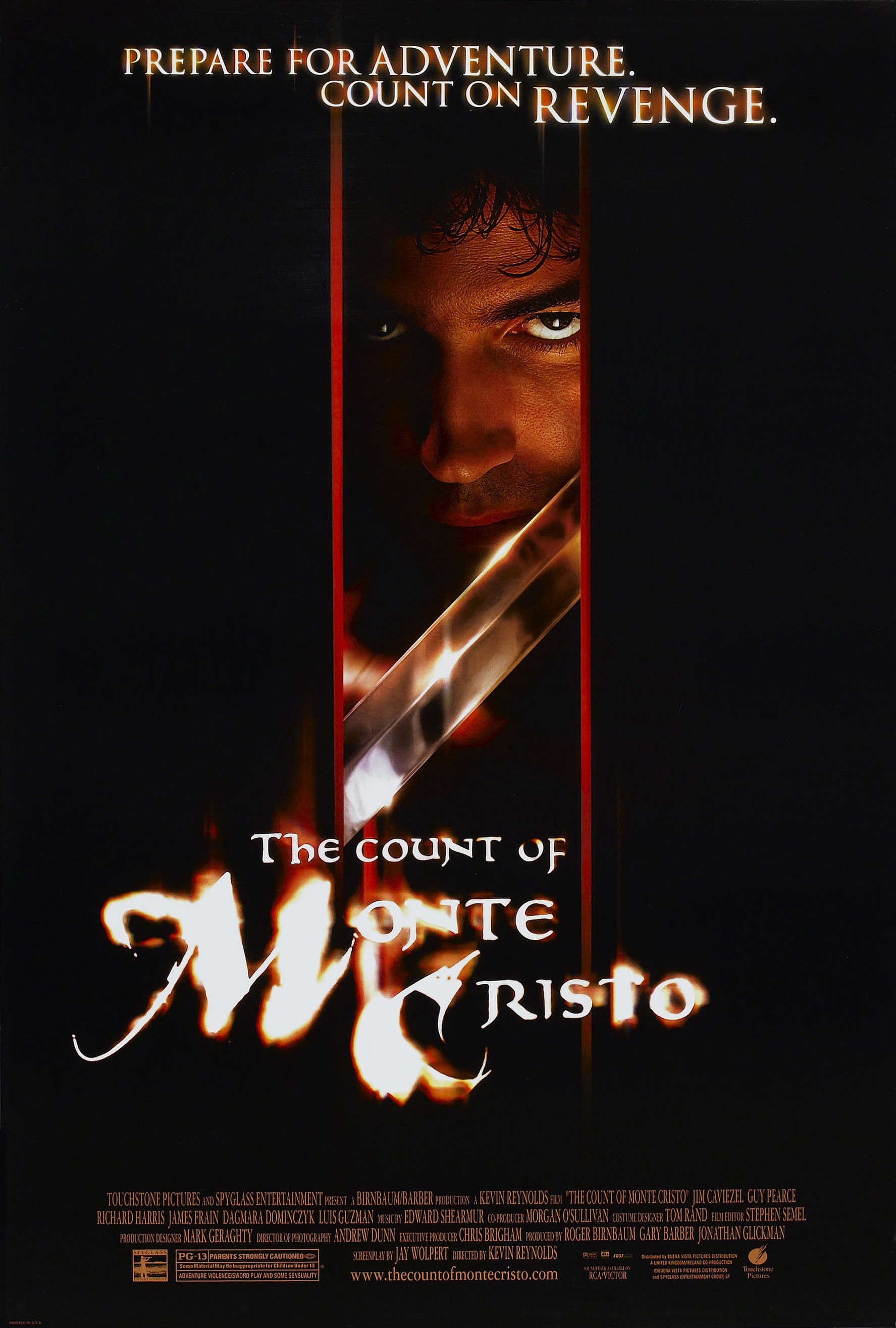Through extensive analysis and research, we have compiled this comprehensive guide to "The Count of Monte Cristo" that explores its captivating plot, complex characters, and profound themes.
| Key Differences | Key Takeaways |
|---|---|
| Genre | Adventure, romance, revenge |
| Author | Alexandre Dumas |
| Publication Date | 1844 |
| Main Themes | Betrayal, vengeance, redemption, forgiveness |
| Impact | Widely considered a classic of French literature and a timeless tale of human nature |
This guide delves into the following topics:
FAQ
This FAQ section provides answers to commonly asked questions and clarifies misconceptions about "The Count of Monte Cristo," a captivating tale of revenge and redemption.

“The Count of Monte Cristo” by Alexandre Dumas: A Tale of Revenge - Source medium.com
Question 1: What is the central theme of "The Count of Monte Cristo"?
The novel explores the profound themes of vengeance, justice, forgiveness, and the enduring power of human nature.
Question 2: Who is the protagonist of the story?
Edmond Dantès, a young sailor who is unjustly imprisoned and seeks revenge against those who wronged him.
Question 3: What is the significance of the Château d'If?
The Château d'If is a notorious prison where Edmond Dantès is unjustly imprisoned for fourteen years. It symbolizes the darkness and despair from which he emerges to seek vengeance.
Question 4: How does Edmond Dantès transform into the Count of Monte Cristo?
After escaping from prison, Edmond acquires a vast fortune and assumes the identity of the Count of Monte Cristo. This transformation enables him to enact his elaborate plan for revenge.
Question 5: Does Edmond Dantès ultimately achieve his goal of revenge?
While Edmond initially seeks revenge, he eventually realizes the futility of his pursuit. He learns the importance of forgiveness and seeks redemption for his own actions.
Question 6: What is the significance of the Abbé Faria?
The Abbé Faria is a fellow prisoner in the Château d'If who becomes Edmond's mentor and confidant. He provides Edmond with knowledge, wisdom, and the means to escape from prison.
In conclusion, "The Count of Monte Cristo" is a complex and thought-provoking tale that explores the complexities of human nature, the consequences of betrayal, and the power of redemption.
Transition to the next article section...
Tips Derived from "The Count Of Monte Cristo: A Tale Of Revenge And Redemption"
"The Count Of Monte Cristo: A Tale Of Revenge And Redemption" by Alexandre Dumas is a classic novel that explores themes of vengeance, justice, and redemption. Through the story of Edmond Dantès, the novel offers valuable lessons that can guide individuals in their own lives.
Tip 1: The Importance of Patience
Edmond Dantès spends 14 years in prison, plotting his revenge against those who wronged him. His patience and determination allow him to execute his plan flawlessly, demonstrating the power of waiting for the right moment to act.
Tip 2: The Value of Education
While in prison, Dantès educates himself, reading widely and learning multiple languages. This knowledge empowers him and enables him to plan his escape and seek vengeance. Education is crucial for personal growth and success.
Tip 3: The Power of Forgiveness
Despite the immense pain and suffering he has endured, Dantès ultimately chooses to forgive his enemies. Forgiveness allows him to break free from the cycle of vengeance and find peace within himself. Forgiveness is a transformative act that liberates individuals from the burden of anger and resentment.
Tip 4: The Importance of Self-Control
Dantès demonstrates remarkable self-control throughout his journey. He suppresses his anger and thirst for revenge, carefully planning his actions to maximize their impact. Self-control is essential in maintaining composure and making wise decisions, even in challenging situations.
Tip 5: The Transformative Power of Hope
Hope sustains Dantès through his years of imprisonment and fuels his desire for redemption. It reminds him that even in the darkest of times, a better future is possible. Hope is a powerful force that can motivate individuals to overcome adversity and pursue their goals.
The lessons learned from "The Count Of Monte Cristo: A Tale Of Revenge And Redemption" are timeless and applicable to all aspects of life. By embracing these principles, individuals can cultivate patience, prioritize education, practice forgiveness, develop self-control, and find hope even in the most challenging of circumstances. Through these transformative teachings, the novel inspires individuals to lead more fulfilling and meaningful lives.
The Count Of Monte Cristo: A Tale Of Revenge And Redemption
Alexandre Dumas' "The Count of Monte Cristo" is a timeless classic that delves into intricate themes of revenge and redemption. Exploring the titular character's journey, the novel presents a multifaceted examination of justice, morality, and the consequences of one's actions.
- Revenge as Catalyst: The protagonist's relentless pursuit of vengeance drives the narrative, shaping his actions and motivations.
- Redemption through Suffering: The Count's path to redemption is paved with adversity and self-reflection, as he grapples with the consequences of his past.
- Justice and Injustice: The novel explores the complexities of justice, questioning whether vengeance or forgiveness is the true path to retribution.
- Identity and Transformation: The Count's assumed identity provides him with a new perspective, allowing for personal growth and a reassessment of his values.
- The Power of Forgiveness: The Count's journey ultimately reveals the transformative power of forgiveness, offering a glimmer of hope amidst the darkness of revenge.
- Morality and Consequences: Dumas examines the moral implications of revenge, highlighting the far-reaching consequences of one's actions.

The Count of Monte Cristo (1998) - Josée Dayan | Synopsis - Source www.allmovie.com
These aspects intertwine seamlessly, creating a rich tapestry that provokes contemplation and challenges traditional notions of right and wrong. The Count's relentless pursuit of revenge is both understandable and horrifying, inviting readers to question their own beliefs about justice. The novel's exploration of redemption through suffering serves as a poignant reminder of the potential for growth and renewal, even in the darkest of circumstances.
The Count Of Monte Cristo: A Tale Of Revenge And Redemption
"The Count of Monte Cristo", a timeless classic by Alexandre Dumas, unveils the intricate relationship between revenge and redemption. Edmond Dantès, the novel's protagonist, endures betrayal, imprisonment, and unimaginable suffering. Fueled by an insatiable thirst for vengeance, he crafts an elaborate plan to seek retribution against those responsible for his misfortune. However, his journey towards revenge becomes a double-edged sword, as it gradually consumes him and threatens to destroy his soul.

Count Of Monte Cristo 2024 Streaming - Corny Doralia - Source silvaycharlena.pages.dev
As the story unfolds, Dantès's quest for revenge takes a devastating toll on his relationships and his own moral compass. He becomes isolated, consumed by bitterness and hatred. Yet, amidst the darkness, a glimmer of redemption emerges. Abbe Faria, a fellow prisoner, imparts wisdom and challenges Dantès to seek justice rather than revenge. This encounter sets him on a path of self-discovery and ultimately leads him to a profound understanding of forgiveness and mercy.
The novel explores the consequences of both revenge and redemption, demonstrating that the pursuit of vengeance often comes at a great cost. It highlights the importance of seeking justice through ethical means and the transformative power of forgiveness. "The Count of Monte Cristo" serves as a timeless reminder that true redemption lies not in retribution but in the ability to let go of hatred and embrace compassion.
| Revenge | Redemption |
|---|---|
|
- Consuming and destructive - Damages relationships - Corrupts the soul |
- Healing and transformative - Restores relationships - Brings inner peace |
Conclusion
"The Count of Monte Cristo" offers a profound exploration of the intertwined nature of revenge and redemption. It cautions against the destructive consequences of vengeance and emphasizes the transformative power of forgiveness and compassion. The novel's timeless message resonates today, reminding us that true redemption lies not in retribution but in the ability to heal, let go of hatred, and embrace the possibility of a better future.
The story of Edmond Dantès serves as a powerful reminder that even in the face of adversity and injustice, we have the choice to seek redemption through ethical means. It challenges us to confront our own capacity for both revenge and forgiveness, encouraging us to strive for a path that leads to personal growth, reconciliation, and ultimately, inner peace.